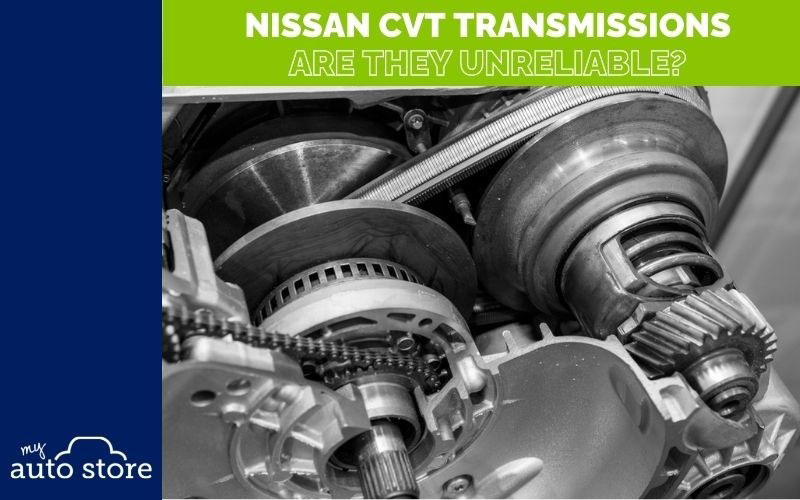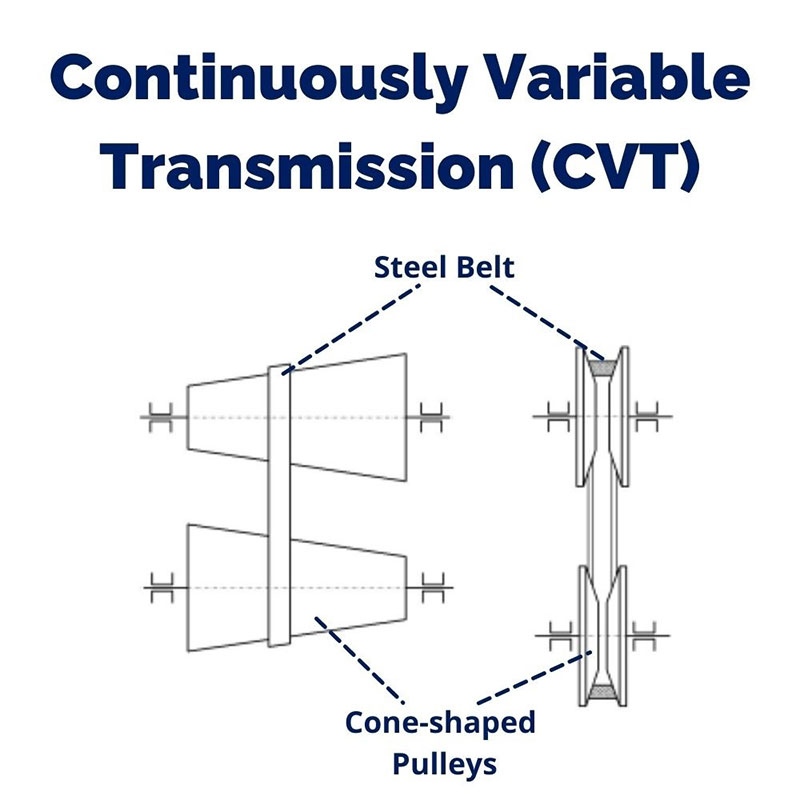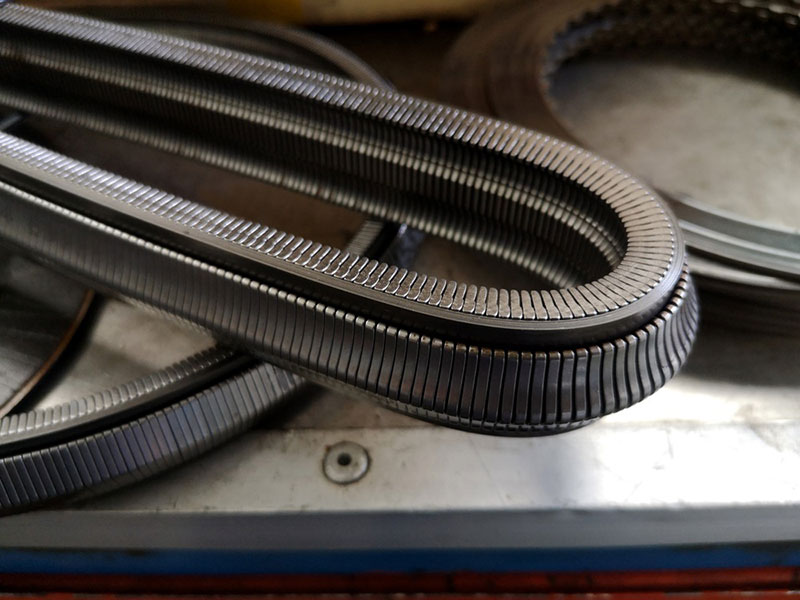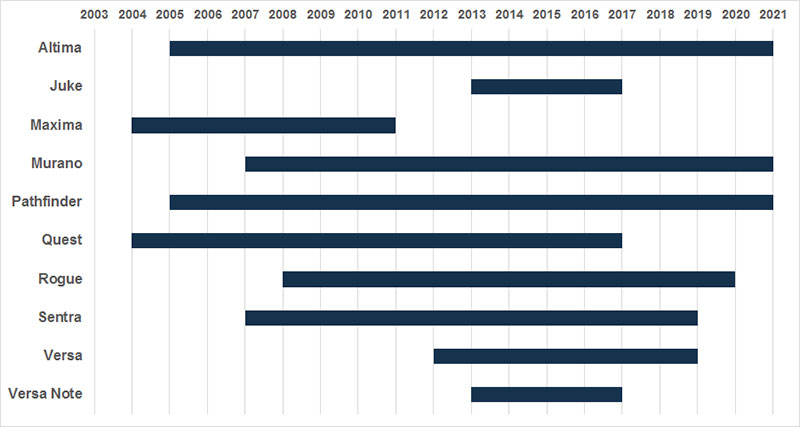
Since the 2000s, most of Nissan’s transmission problems center around their CVT or continuously variable transmission. Nissan’s CVTs are known to be notoriously unreliable, and many owners complain about having to repair or even replace their car’s transmission more frequently compared to regular automatic or manual transmissions.
A CVT or continuously variable transmission is a type of automatic transmission that can accelerate without having to shift. Where traditional automatic transmissions shift through different sized gears as the car accelerates, CVTs are more efficient because they adjust gradually to keep the engine running at its ideal speed. In simpler terms, CVTs are always in the right gear.

Nissan didn’t invent the CVT, but they were the first major car company to bring it to their mainstream lineup back in 2002. The problems started as soon as they were introduced and continued for years even after a barrage of complaints from drivers.
Continuously variable transmissions are different because they do not have fixed gears. Instead, they use two cone-shaped pulleys connected by a steel belt. One pulley is attached to the engine while the other sends power to the wheels.
The cone shape of the pulley allows for continuous change in gear ratio without pausing to shift. In theory, the result is a smoother, lighter and more fuel-efficient transmission.

As of 2022, all of Nissan’s cars and crossovers come with the Xtronic CVT transmission as part of the standard package, including the following models:
Nissan models that do not come with CVTs in 2022 include large trucks and SUVs, fully electric vehicles, or high-performance sports cars, such as:
Throughout the years, eleven different Nissan models were known to have CVT transmission problems. These include some of Nissan’s most popular cars, like the Altima, Cube, Juke, Maxima, Murano, Pathfinder, Quest, Rogue, Nissan Sentra, Nissan Versa and Versa Note.
Nissan’s transmission issues stretch back several model years and have affected some models for over a decade.

The most common problem with Nissan CVT is that the fluid inside the transmission overheats, causing the computer to activate a fail-safe known as “limp mode”. “Limp mode” is a safety feature to prevent further damage to the engine or transmission by slowing down the car, but it could put you in an unsafe situation if it disables your car at the wrong time.
Overheating can also cause uneven wear to parts inside of the transmission. As that damage accumulates over time, symptoms will get worse until the CVT fails.
Drivers usually first notice that there is a problem with their transmission when their car struggles to accelerate. Other common symptoms of a failing CVT are:
If you experience any of these symptoms, get your transmission checked as soon as possible. Diagnosing and fixing transmission problems as soon as they start will save you money in the long run.
If you have a Nissan with a CVT, you should have your transmission fluid changed about every 40,000 to 60,000 miles.
Never use automatic transmission fluid (ATF) if you have a CVT transmission. Continuously variable transmission fluid is different from standard ATF fluid used for automatic transmissions. Using the wrong transmission fluid could cause permanent damage to your car.
In response to overwhelming complaints and class action lawsuits, Nissan has extended the warranty on their CVT transmissions produced during certain years. All CVT transmission repairs are covered by Nissan up to the warranty expiration.
| Years Covered | Extended Warranty |
|---|---|
| 2003 to 2010 | 10 years or 120,000 miles |
| 2012 to 2017 | 7 years or 84,000 miles |
If your warranty is expired, you still have a couple of options.
The good news is that you don’t have to feel like you are taking a risk buying a used Nissan transmission. At My Auto Store, you can explore our full inventory of Nissan parts (including CVT, automatic, and manual transmissions) online. Every part passes a multiple-point inspection to ensure quality before we ship it to you free of charge. Don’t wait, get your Nissan vehicle back on the road today!






